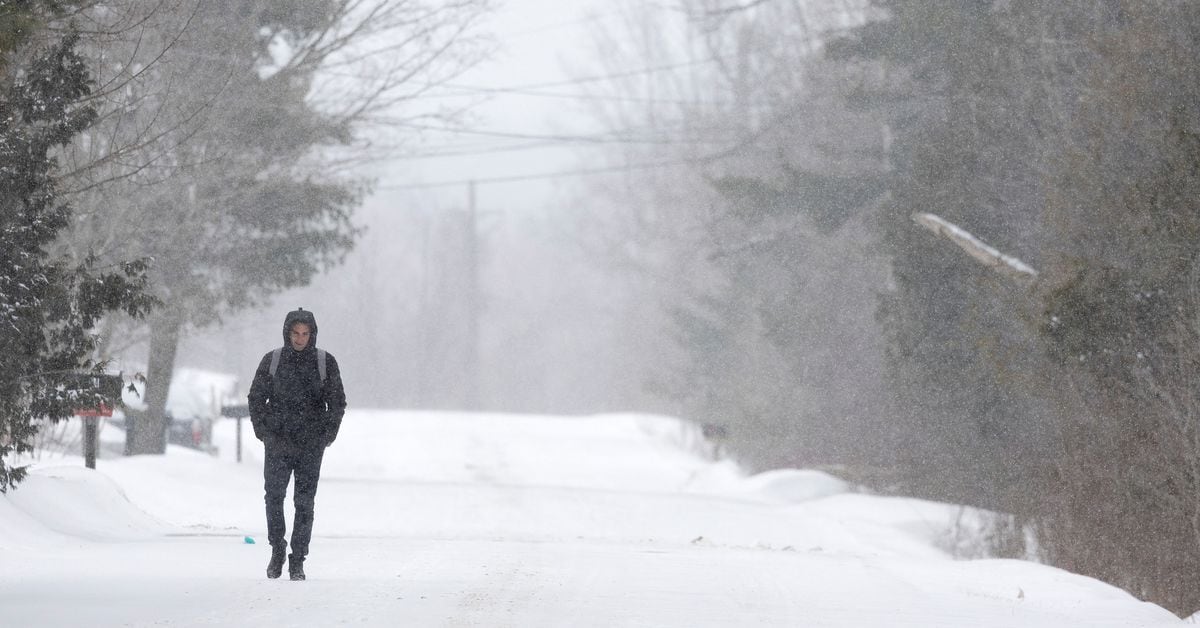The dream of making it big in Canada is turning into a battle for survival for many immigrants due to the high cost of living and rental shortages, as rising emigration numbers hints to newcomers being forced to turn their back on a country that they chose to make their adopted home.
Trudeau has made immigration his main weapon to blunt Canada’s big challenge of an aging and slowing population, and it has also helped fuel economic growth. That drove Canada’s population up at its fastest clip in more than six decades this year, Statistics Canada said.
But now a reversal of that trend is gradually taking hold. In the first six months of 2023 some 42,000 individuals departed Canada, adding to 93,818 people who left in 2022 and 85,927 exits in 2021, official data show.
The rate of immigrants leaving Canada hit a two-decade high in 2019, according to a recent report from the Institute for Canadian Citizenship (ICC), an immigration advocacy group. While the numbers went down during pandemic lockdowns, Statistics Canada data shows it is once again rising.



Good points, not sure where you checked prices though. Icelandic Costco is cheaper than the Costco here in Victoria for majority of items, and Bonus in Iceland is about on par with our grocery chains. Walmart in Canada might be cheaper than Costco in Iceland.
The funniest one to me was seeing cheaper motor oil in Iceland when we literally drill for that shit here haha
Meat in Iceland is way cheaper, same with dairy
Alcohol in Iceland is mad expensive, so is gas. Electronics are about the same. Restaurants in Iceland are like 3 times as expensive but I can’t afford to eat out here anymore either.
Used cars and service costs are also insane in Iceland and it’s even more car dependant than Canada.
If you are in Victoria, I get it; yikes…
That’s a very specific economic environment which is different from “the average Canadian” so, yes, you are probably bang on.